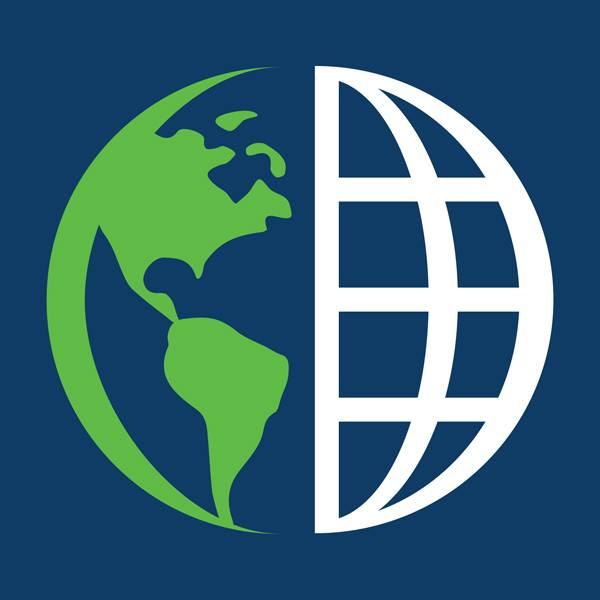A worsening shortage of baby formula in stores across the U.S. is highlighting the urgent need for antitrust regulations, progressives said May 10th.
While Republicans are have attempted to lay blame for the crisis with the Biden administration, J.D. Scholten of the American Economic Liberties Project is among those pointing out that with just a few corporations controlling the majority of the infant formula market, families impacted by a recent recall by one of those companies have few options when looking for affordable alternatives.
“America needs antitrust!” Scholten said.
As David Dayen wrote at The American Progressive Tuesday, just four companies—Abbott Nutrition, Reckitt Benckiser, Nestlé, and Perrigo control nearly 90% of the U.S. baby formula market.
“Any disruption to one of their products will be magnified, whether it’s a recall for Similac or inability to source ingredients,” wrote Dayen. “A few companies in the market relying on the same sources creates a much more fragile supply chain.”
Across the U.S., an average of 40% of infant formulas were out of stock at retailers like Target, Walgreens, and CVS at the end of April, according to Business Insider.
Six states—Texas, Tennessee, Missouri, South Dakota, North Dakota, and Iowa—are seeing shortages of more than 50% and stores are limiting purchases to three or four per customer, with prices surging to $33 per can.
Online, sellers on eBay are raising prices to $120 per can as desperate parents and caretakers struggle to feed their infants, according to the New York Times.
The shortages have been linked to a product recall by Abbott Nutrition—the manufacturer of Similac formula—in February. The company recalled three of its formulas when at least two babies died and four were hospitalized with bacterial infections after consuming the products.
Abbott is the exclusive supplier of formula for more than half of the nation’s Women, Infants, and Children (WIC) agencies, according to the Times. WIC is the nation’s largest purchaser of baby formula, and people who benefit from the program can only be reimbursed if they buy the brands that contract with the government.
“The unprecedented scope of this infant formula recall has serious consequences for babies and new parents,” Brian Dittmeier, the senior director of public policy at the National WIC Association, told the Times.
The Infant Nutrition Council of America, a trade group that represents Abbott and other manufacturers, warned parents against stockpiling formula and suggested consumer behavior is behind any shortages, saying in a statement on feeding infants during the Covid-19 pandemic that “there is no shortage in the supply of infant formula coming from manufacturers.”
Reckitt Benckiser, the maker of Enfamil formula, also claimed the shortage is being driven by an “18% surge in demand for baby formula nationwide.”
“Left unsaid by formula manufacturers,” Dayen wrote, “is their iron grip on the market, which exacerbates supply disruptions. The shortage is a manifestation of the same problems we’ve seen with the supply chain, made worse by monopoly.”
Companies like Abbott spend hundreds of thousands of dollars per year to retain their hold on the market, noted Sarah Klee Hood, a candidate for the U.S. House in New York’s 22nd district.
It's time for programs like WIC to provide more options.
Abbott Nutrition has a monopoly on baby formula if you are using WIC benefits.
They spend $500k/year lobbying. So when they have unsafe practices, get kids sick, & issue a recall, they're still your only option.
— Sarah Klee Hood for Congress NY-22 (@SarahKleeHoodNY) May 10, 2022
Dayen pointed out that in 2018, the Trump administration strong-armed Ecuadorean delegates to the United Nations World Health Assembly out of supporting a resolution to support breastfeeding and to urge governments to counter misleading claims about baby formula.
Lobbyists for the industry were present at the assembly, as Common Dreams reported at the time.
The Trump administration’s maneuvers were “stage-managed by the baby formula industry, which particularly wanted to keep its lock on the developing world,” wrote Dayen. “The interests of private monopolists were put ahead of public health and security.”
In the U.S., said Dr. Steven Thrasher of Northwestern University, the corporate-driven baby formula shortage is hitting just as the Republican Party is preparing to roll back the right to abortion care, the majority of which is sought by women who already have at least one child and who live in low-income households.
America running out of infant formula the same week it’s preparing for an influx of forcefully birthed babies is a little too on the nose
— Dr. Thrasher (@thrasherxy) May 10, 2022
“It’s appalling that despite great wealth,” said Thrasher, “U.S. capitalism equals no shortage of money for cops (Covid money went to cops!) and money for war (Congress approved $15 billion for Ukraine while denying $15 billion for Covid!) while people are struggling to pay for food, rent, and baby formula.”
Republished with permission from Common Dreams, by Julia Conley

Common Dreams
Common Dreams has been providing breaking news & views for the progressive community since 1997. They are independent, non-profit, advertising-free and 100% reader supported.
